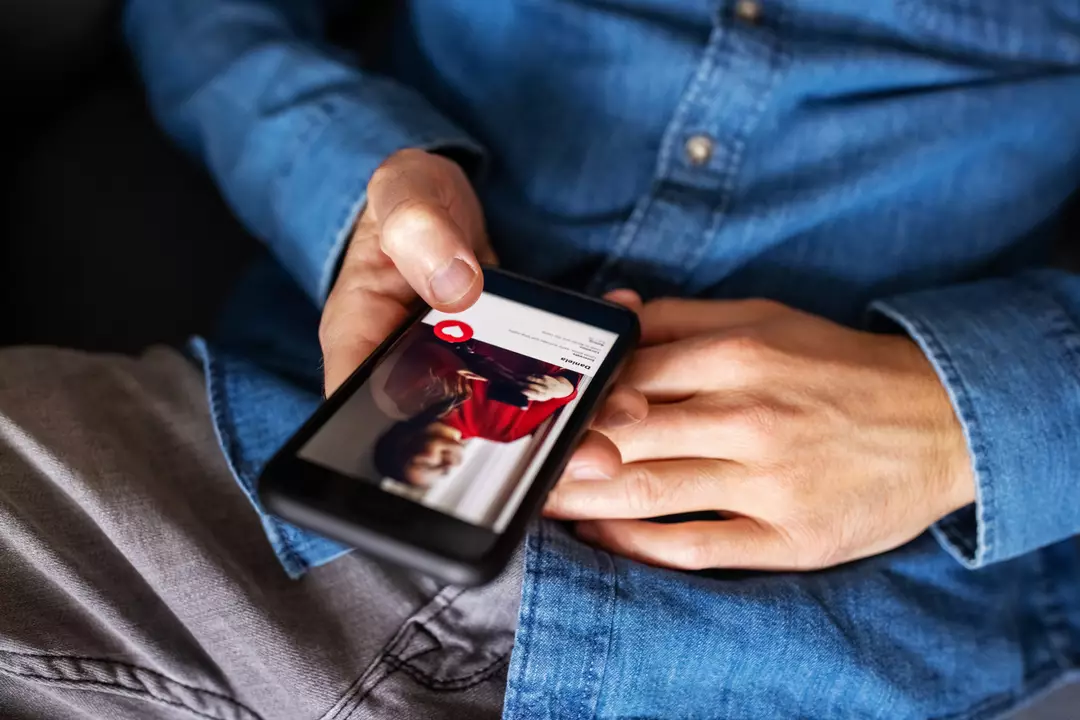A neuroscientist has shared insights into some of the most harmful dating trends observed this year.
For those navigating the world of dating, it’s evident that it’s not a journey for the timid. Each year seems to introduce a new set of dating ‘trends’.
One of the recent trends gaining traction is known as ‘zip coding’.
This trend involves setting a dating app’s search radius to a very close proximity, often within one’s own zip code.
While it might seem harmless at first, ‘zip coding’ has a more cynical aspect. The idea is that when dating within the same zip code, stepping outside this area could imply being single.
The logic here can be quite questionable…

Despite being a concerning trend, ‘zip coding’ wasn’t included in a list of the most toxic dating trends of the year, according to research compiled by Sister Wives and neuroscience graduate Dyllan Watkins.
Below are some of the most toxic dating trends identified for 2025:
Contrary to what it might sound like, this is not an exciting new ride at a theme park. It is, in fact, a dating trend that has been tagged on TikTok nearly 60,000 times this year. It describes a scenario where someone showers you with excessive affection early on and then vanishes without a trace.
Watkins explained: “This new behavior of love bombing followed by ghosting could be a manipulative tactic that targets the other person’s attachment style vulnerabilities.
“If someone’s love language includes gift giving and receiving, the ‘love bomber ghost’ may exploit this to quickly develop a relationship and take what they desire from it early on, whether it be companionship or physical intimacy. The abrupt ghosting suggests a fear of commitment, hinting at a potential narcissistic personality.”

This year, TikTok saw 14,700 hashtags about breadcrumbing. According to the Cleveland Clinic, breadcrumbing involves giving someone just enough attention to keep them interested or involved in the relationship without any intention of serious commitment. This behavior can be quite hurtful.
Watkins noted that this could lead to anxiety disorders, which might result in a low mood and an indifferent attitude toward a partner.
He added: “Breadcrumbing affection does no favors for a person’s self-esteem or overall well-being. The inconsistent attention can create an unhealthy dopamine-driven habit, where someone constantly checks for a ‘breadcrumb’ from their partner, affecting their daily life and mental health.”
The term ‘phubbing’, though originally coined last year, continues to affect relationships in 2025.
If you’re unfamiliar with phubbing, it’s when someone ignores you in favor of their phone, a behavior many have likely encountered or even exhibited.
Watkins warns that being in a relationship with a habitual phubber can be detrimental.

“Research suggests that the more someone feels phubbed, the worse their relationship tends to be,” Watkins commented, noting that: “Phones can act as a barrier to intimacy and connection, both physically and emotionally.”
He further explained: “The issue escalates with existing trust issues, leading to spiraling thoughts and insecurities concerning social media usage.
“This can result in either controlling or detached behavior from the other partner, both of which are harmful to relationship health.”
Much like a submarine, this behavior involves someone disappearing from your life only to reappear later — a tactic possibly rooted in a desire to exert control.
Watkins cautioned: “Ghosting and then resurfacing might stem from a sense of power and privilege. One person feels they have power over the other and can enter and exit the relationship as they please, knowing the other party will always welcome them back.
“This exploits vulnerability, kindness, and openness, ultimately causing a cycle of rejection and fluctuating dopamine levels.”

